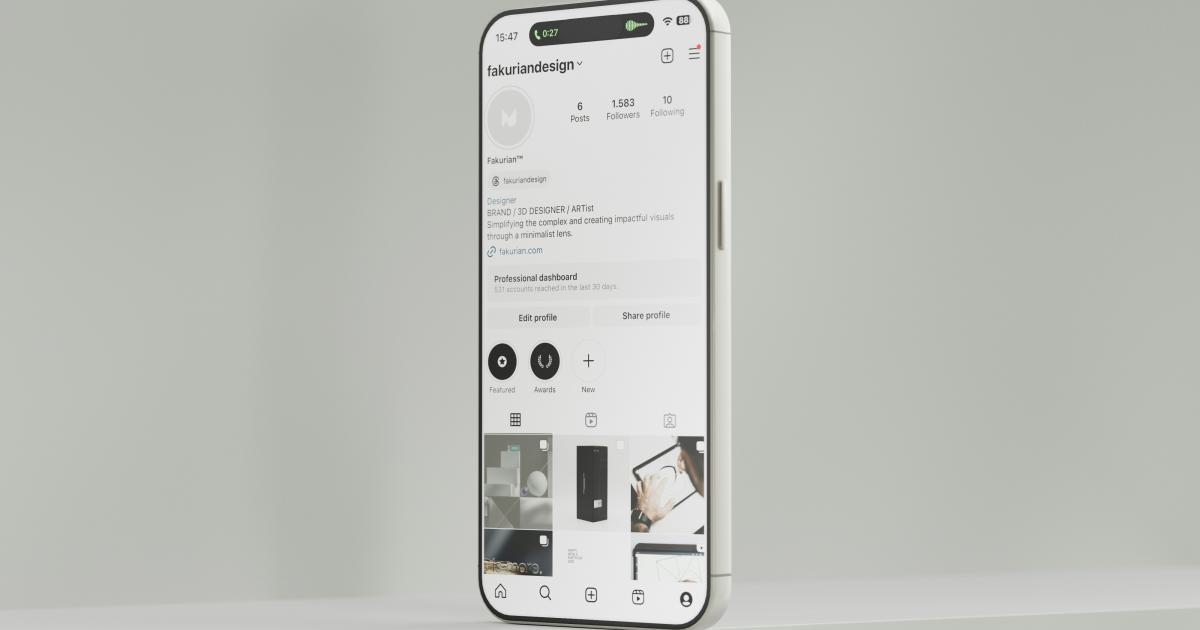Craft Unforgettable Content Experiences with Personalization


Opening Hook
Imagine walking into a bustling café, the aroma of freshly brewed coffee wafting through the air. As you approach the counter, the barista greets you by name and immediately starts preparing your usual order – a velvety smooth latte with just the right amount of sweetness. You're taken aback for a moment, wondering how they knew your preferences, but then a sense of delight washes over you. This personalized experience makes you feel valued and understood, and it keeps you coming back to this café time and time again.
This type of personalized, hyper-relevant content experience is what modern consumers crave. In a world saturated with information and choice, people are seeking out brands and experiences that truly resonate with their individual needs, interests, and preferences. Personalization has become a powerful tool for businesses to cut through the noise, foster deeper connections with their audience, and deliver content experiences that are not just memorable, but unforgettable.
The Journey
Understanding the Power of Personalization
Personalization is not just a buzzword – it's a strategic approach that can drive measurable success for businesses across industries. In fact, a study by Epsilon found that 80% of consumers are more likely to make a purchase from a brand that provides personalized experiences. Additionally, McKinsey & Company reports that personalization can deliver five to eight times the return on investment on marketing spend and lift sales by 10% or more.
The reason personalization is so effective is that it taps into the fundamental human desire for relevance and belonging. When customers feel that a brand "gets" them and understands their unique needs, it builds trust, loyalty, and a sense of emotional connection. This, in turn, leads to increased engagement, higher conversion rates, and more valuable long-term relationships.

But personalization is more than just tailoring product recommendations or displaying a customer's name on a website. It's about creating an entire ecosystem of content, interactions, and experiences that are crafted with the individual in mind. This can include everything from personalized email campaigns and customized product bundles to hyper-targeted social media ads and immersive in-store experiences.
Unlocking the Potential of Customer Data
At the heart of effective personalization lies data – the rich, granular insights that businesses can gather about their customers' behaviors, preferences, and pain points. By leveraging customer data, organizations can develop a deep understanding of their audience and use that knowledge to create highly personalized content experiences.

This data can come from a variety of sources, including:
- Website analytics and user behavior
- Email engagement and open rates
- Social media interactions
- Purchase history and shopping behavior
- Demographic and psychographic information
- Feedback and customer service interactions
By aggregating and analyzing this data, businesses can uncover valuable insights that inform their personalization strategies. They can identify patterns, segment their audience into meaningful groups, and tailor their content and offerings to meet the unique needs of each individual customer.
However, it's important to note that personalization should always be approached with transparency and respect for customer privacy. Consumers are increasingly aware of data privacy concerns and expect brands to handle their information responsibly. Businesses must strike a delicate balance between leveraging customer data to create personalized experiences and ensuring that they are doing so in an ethical and secure manner.
Crafting Personalized Content Experiences
With a deep understanding of customer data and a commitment to data privacy, businesses can begin to craft personalized content experiences that truly resonate with their audience. Here are some key strategies to consider:
Personalized Product Recommendations
One of the most common and effective applications of personalization is in product recommendations. By analyzing a customer's browsing history, purchase data, and other behavioral cues, businesses can surface highly relevant product suggestions that are tailored to that individual's preferences and needs.

This can be done on e-commerce websites, in email campaigns, or even through smart home devices or in-store digital displays. The key is to ensure that the recommendations are seamlessly integrated into the customer's journey, providing value and enhancing their overall experience.
Customized Content Journeys
Personalization isn't just about product recommendations – it's also about crafting tailored content experiences that speak directly to each customer's interests and pain points. This can involve everything from personalized email newsletters and targeted social media ads to customized landing pages and interactive digital experiences.

By analyzing a customer's browsing history, content engagement, and other behavioral data, businesses can create personalized content paths that guide the user towards the most relevant information, offers, and solutions. This not only improves the customer's experience but also helps to drive conversions and build long-term loyalty.
Hyper-Targeted Messaging
In addition to customizing the content itself, businesses can also leverage personalization to craft hyper-targeted messaging that resonates with individual customers. This can involve using the customer's name, referencing their specific interests or pain points, or even incorporating dynamic elements like location-based offers or real-time updates.

By tailoring the language, tone, and delivery of their communications, businesses can create a sense of intimacy and relevance that helps to build trust and strengthen the customer-brand relationship.
Personalized In-Store Experiences
Personalization isn't limited to the digital world – it can also be applied to physical, in-store experiences. By leveraging technologies like RFID, beacons, and smart displays, businesses can create personalized journeys for customers as they navigate the physical retail space.

This could involve delivering targeted product recommendations, triggering personalized content on digital displays, or even integrating the in-store experience with a customer's online account and preferences. The key is to create a seamless, omnichannel experience that feels tailored to the individual.
Overcoming Personalization Challenges
While the benefits of personalization are clear, it's important to acknowledge that there are also some challenges and potential pitfalls that businesses must navigate. Primarily, these include:
Data Privacy and Security Concerns
As mentioned earlier, consumers are increasingly aware of data privacy issues and expect brands to handle their personal information responsibly. Businesses must ensure that their personalization efforts are backed by robust data privacy and security protocols, including clear privacy policies, data consent processes, and cybersecurity measures.
Striking the Right Balance
Personalization can be a powerful tool, but it's essential to strike the right balance. Customers don't want to feel like they're being stalked or that their every move is being tracked. Businesses must be mindful of not crossing the line into creepy or intrusive territory, and instead focus on creating personalized experiences that genuinely enhance the customer's journey.
Maintaining Authenticity
While personalization can help to build deeper connections with customers, it's important to ensure that the brand's messaging and tone remains authentic and true to its core values. Businesses must be careful not to let their personalization efforts come across as disingenuous or manipulative.
Scalability and Sustainability
Implementing and maintaining effective personalization strategies can be resource-intensive, both in terms of data management and content creation. Businesses must ensure that their personalization efforts are scalable and sustainable, with processes and technologies in place to efficiently gather, analyze, and act on customer data.
By addressing these challenges head-on and staying committed to ethical, customer-centric personalization, businesses can unlock the full potential of crafting unforgettable content experiences.
Climax
Personalization is not just a trend – it's a strategic imperative for businesses that want to thrive in the modern, customer-centric landscape. By leveraging data-driven insights and crafting tailored content experiences, organizations can cut through the noise, foster deeper connections with their audience, and drive measurable business results.
The key is to approach personalization with a deep understanding of customer needs, a commitment to data privacy and security, and a focus on creating authentic, value-driven experiences. When done right, personalization can be a powerful tool for building brand loyalty, increasing customer lifetime value, and standing out in a crowded marketplace.
Resolution
As you reflect on the power of personalization, consider how your own business can harness this strategic approach to craft unforgettable content experiences for your customers. Start by diving deeper into your customer data, identifying key insights and patterns that can inform your personalization strategy. Then, begin experimenting with personalized product recommendations, customized content journeys, and hyper-targeted messaging – always with an eye towards balancing relevance and privacy.
Remember, the goal of personalization is not to simply collect and leverage customer data, but to create experiences that truly resonate and add value. By keeping the customer at the heart of your personalization efforts, you can unlock new levels of engagement, loyalty, and sustainable growth for your business.
The future of content experiences is personalized, and the time to act is now. Are you ready to craft an unforgettable journey for your customers?